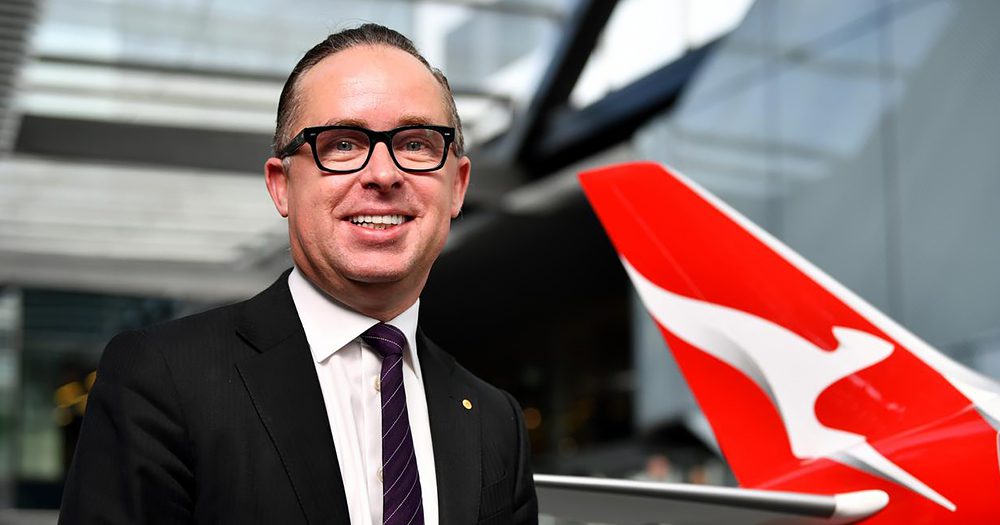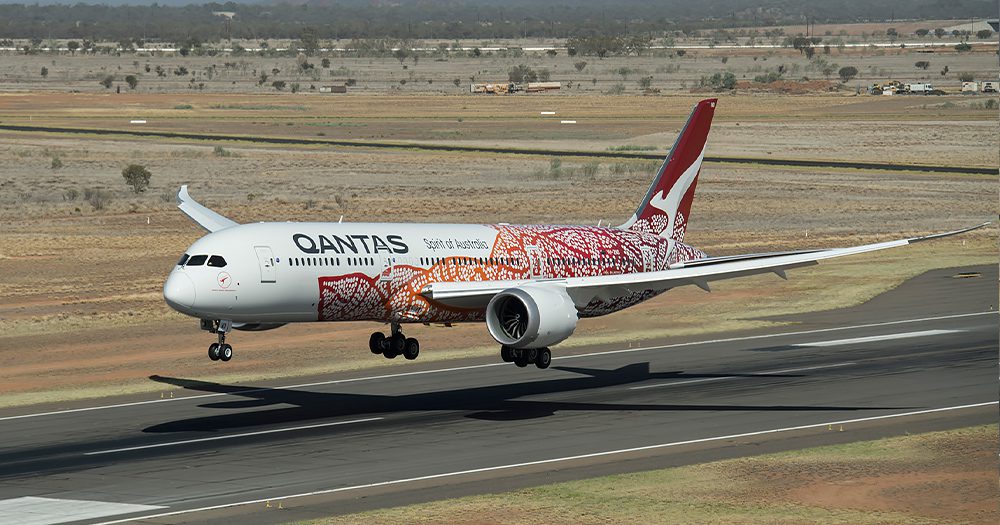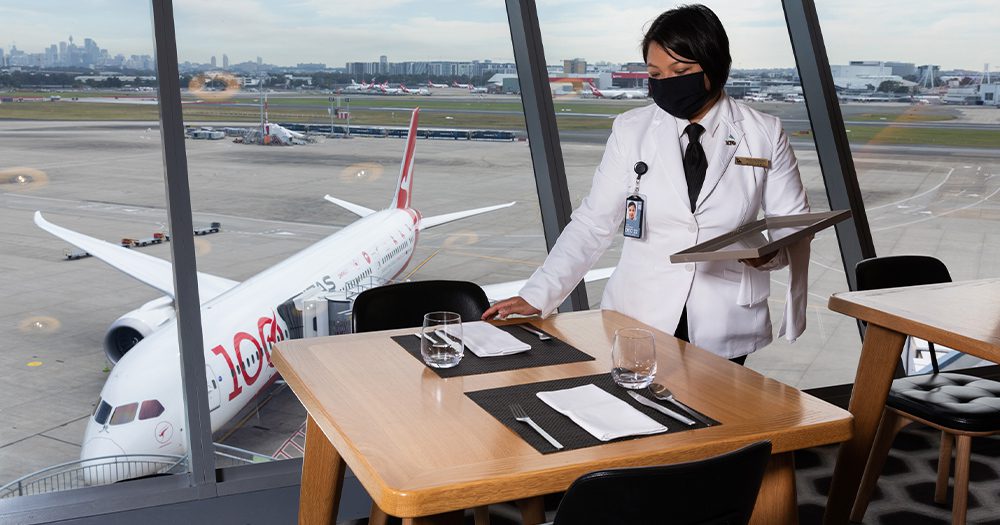Qantas and Jetstar will adjust flying levels to ‘match travel demand’ in light of the sudden growth in COVID-19 cases. The Qantas Group says it now expects domestic capacity for the third quarter of FY22 to be at around 70 per cent of pre-COVID levels, down from the 102 per cent that had been planned.
The Group says schedule changes are focused on reducing the frequency of services and size of aircraft to minimise inconvenience for passengers as much as possible.
Total international capacity for the same period, the Group says will fall from 30 per cent to around 20 per cent of pre-COVID levels.
This reduction is driven by increased travel restrictions in countries including Japan, Thailand and Indonesia and is primarily impacting Jetstar’s leisure routes.
However, other markets – such as London, Los Angeles, Vancouver, Johannesburg and India – continue to perform well, said the Group.
Qantas Group CEO Alan Joyce said: “The sudden uptick in COVID cases is having an obvious impact on consumer behaviour across various sectors, including travel, but we know it’s temporary.
“Thankfully, Australia has one of the world’s highest vaccination rates and the Omicron variant is milder than its predecessors. So, as challenging as this current phase is, we’re optimistic that it is likely to fast track a return to normal.”

Customers will be contacted directly from late January if their booking is impacted by cancellations and offered alternative flights that, in most cases, are likely to be a difference of a few hours if travelling domestically.
An assessment of the financial impact of these changes will be given at the Group’s half-year results in late February, with no material adjustments made to capacity expectations for Q4 FY22.
“People are already looking beyond what’s happening now with early bookings for the Easter holidays in April looking promising for both domestic and international,” said Mr Joyce.
“We have the flexibility to add capacity back if demand improves earlier than expected, but 70 per cent still represents a lot of domestic flying and it’s a quantum improvement on the levels we faced only a few months ago,” he said.
To give customers more confidence when they book international and domestic flights, Qantas has extended Fly Flex, which enables customers to change their travel dates as often as they need, fee-free (a fare difference may apply).
Next steps for Qantas customers

- Customers will be contacted directly by Qantas or their Travel Agent from late January if their booking has been impacted by a flight cancellation.
- Customers are asked to please wait to hear from Qantas or their Travel Agent before taking any action, including cancelling their flight. This will help avoid long wait times on customer contact channels.
- When Qantas cancels a flight, they will rebook the passenger on the next available flight to their booked destination (if possible), at no additional cost. Alternatively, they can choose a flight credit or a refund. Customers won’t be charged any change or cancellation fees.
- Customers should ensure their contact details are up to date in their Qantas booking or with their Travel agent.





